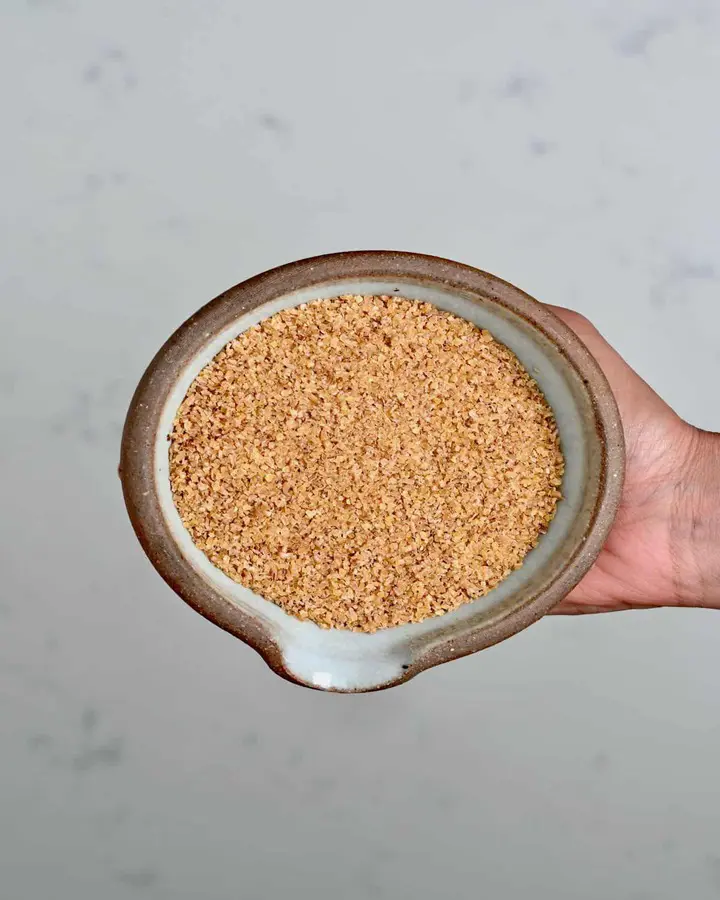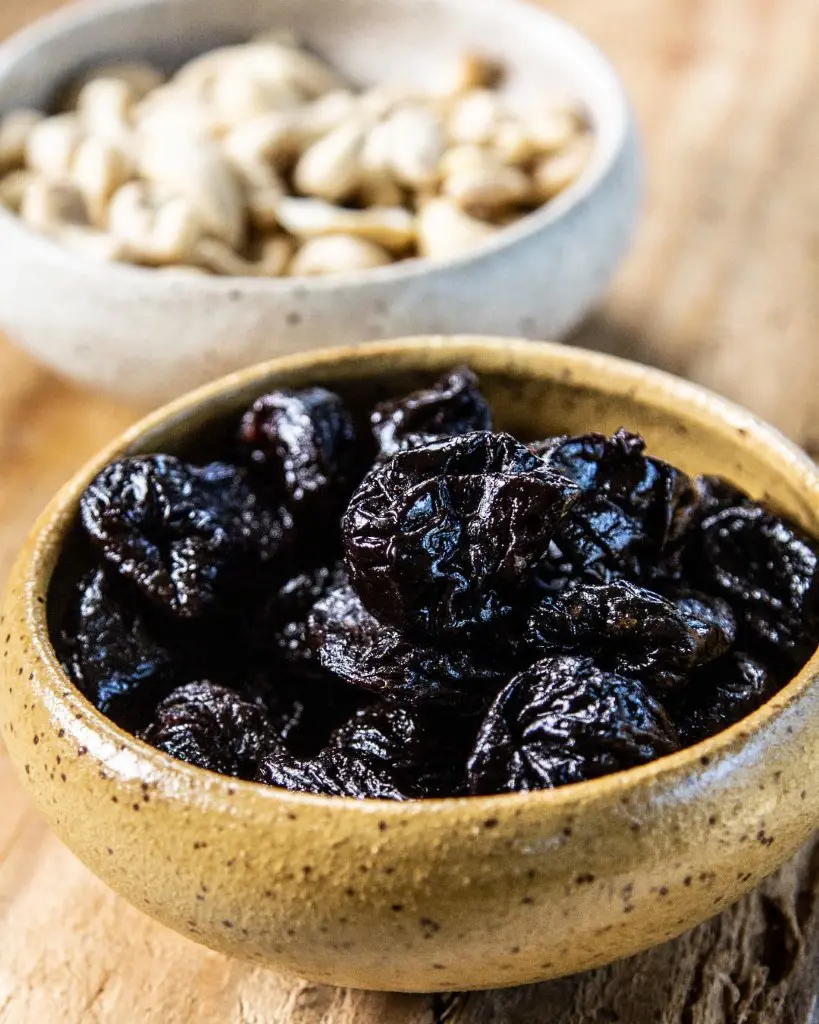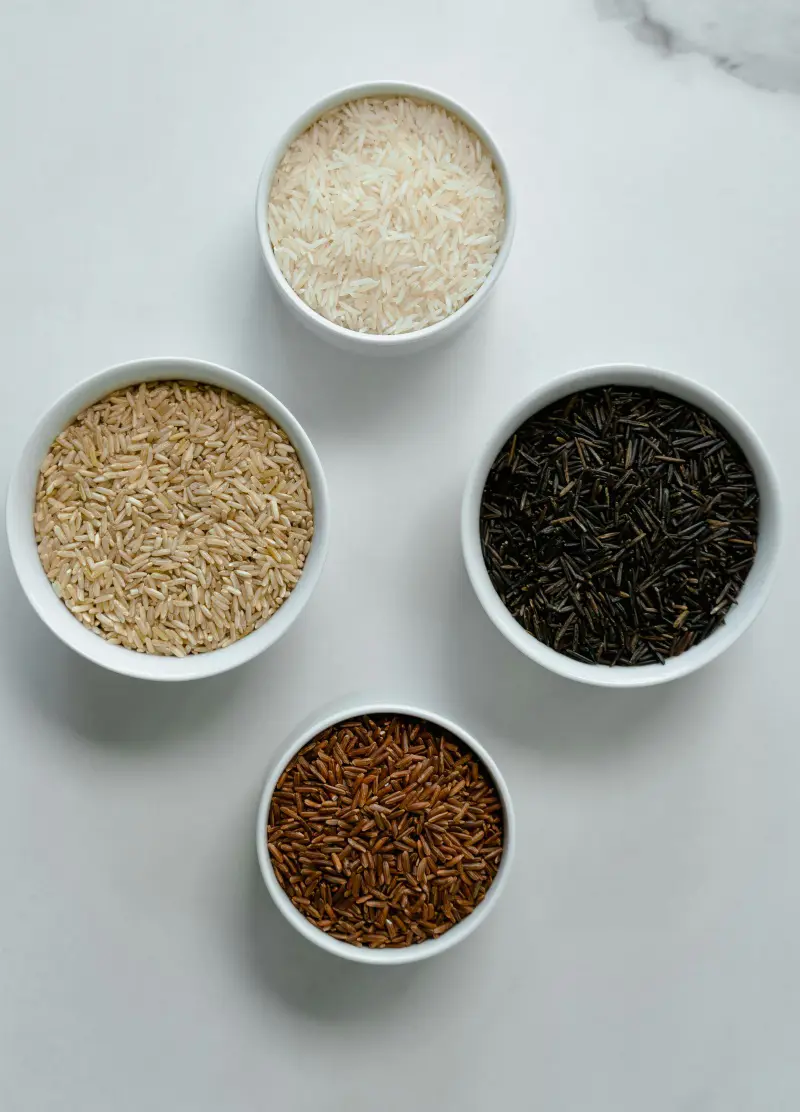Bulgur Wheat Nutrition
Bulgur Wheat is rich in many essential components. A 1-cup (182-gram) serving of cooked bulgur offers the following nutritional values:
- Calories: 151
- Carbs: 34 grams
- Protein: 6 grams
- Fat: <1 gram
- Fiber: 8 grams
- Vitamin B6: 8% of the DV
- Pantothenic acid: 13% of the DV
- Manganese: 48% of the DV
- Copper: 15% of the DV
- Magnesium: 14% of the DV
- Iron: 10% of the DV
- Folate: 8% of the DV
Calorie

Bulgur wheat provides 151 kcal in 1 cup serving. Even though we prefer a low-calorie diet, calorie is essential for our body to work properly. It provides a good amount of energy to our body.
Fat
This food provides less than 1 gram of fat in 1 cup of servings, so it is a good source of a low-fat diet. In order to maintain a healthy life, many of us opt for a low-fat diet and this is the best option.
Manganese
This food provides 48% of the manganese requirement of a daily value. Likewise, it helps our body parts such as connective tissue, bones, blood clotting factors, and sex hormones.
Not only that, it plays a major role in fat and carbohydrate metabolism, calcium absorption, and blood sugar regulation. It is also essential for normal brain and nerve function.
Copper
1 cup serving of bulger wheat offers a 15% daily value requirement of copper in our body. So, it is a wise move to include this food in our regular diet. Well, it helps to maintain healthy bones, blood vessels, nerves, and immune function and also contributes to iron absorption.
Iron
This food provides about 10% of the daily requirement value of iron to our body. You may know that iron is an absolutely important element that prevents anemia, strengthens the immune system, and promotes sleep quality and fetal health.
Considering all these nutritional values, there are also several health b












